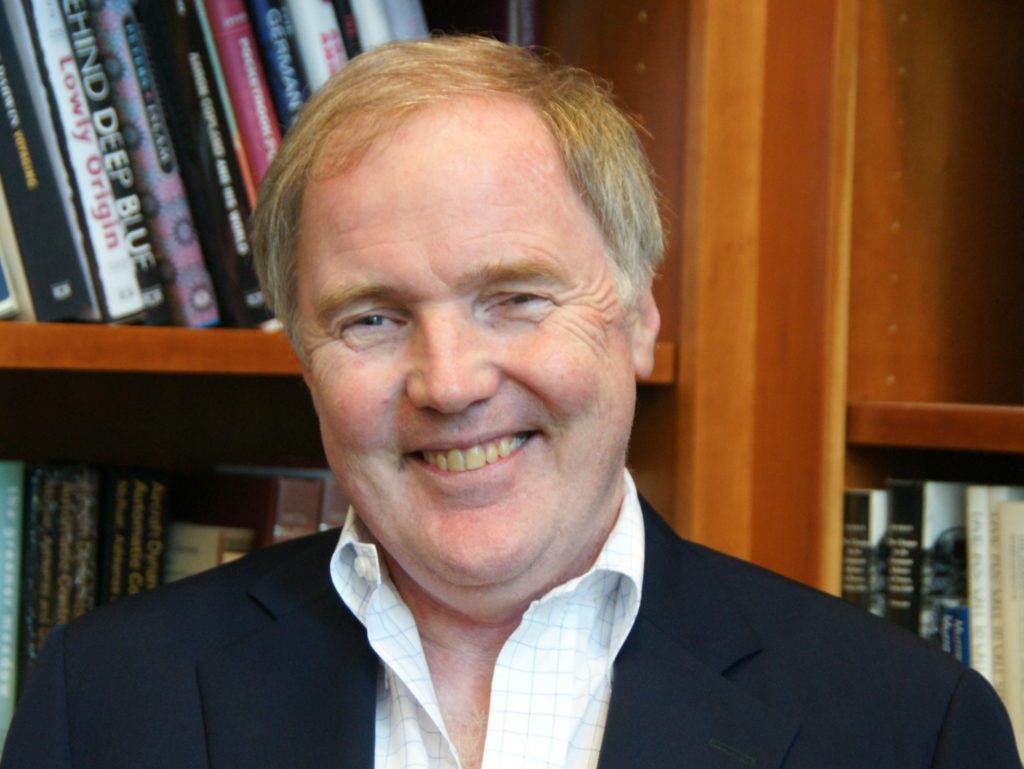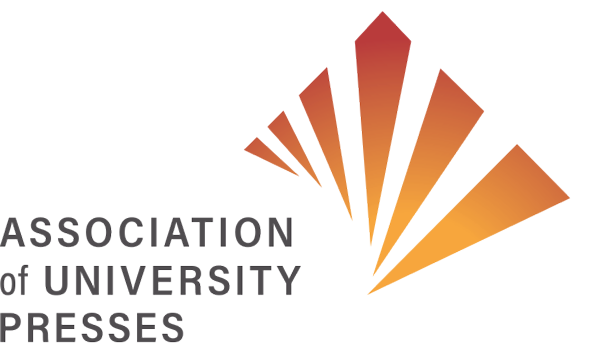Valedictory Presidential Talk
Director, Princeton University Press
June 2013

2012-2013 has been a momentous year for university presses, marked as it was by a change in leadership. Last evening we all enjoyed the remarks of our departing executive director, Peter Givler, and in a few minutes we will be hearing from our new leader, Peter Berkery. So I intend to keep my usually long-winded Fidel Castro-length remarks brief, based as they are on my year as president. Having said that, I believe my comments will resonate with what we heard from Peter Givler last evening and what we’re about to hear from Peter Berkery.
When I think of the activities of the past year, two moments come to mind:
The first was in sitting in my office in Princeton chairing the October meeting of the board of trustees over a conference call. Typically we would have been in New York at the Central Office for this meeting, but we were in the early hours of Hurricane Sandy, planes were grounded all over the country, New York was being engulfed by the first waves of menacing weather, and so we conducted the board meeting over the phone. As the meeting wore on, I watched the winds and rain gather force outside my office in hard-hit central New Jersey. That was a Monday morning, and later that day we would lose power at the Press, only to recover it the following Sunday night. That was an image that will not soon leave me. You can make what you will of its metaphorical significance.
The other moment that comes to mind occurred during a luncheon that I had helped organize in New York for several local press directors with members of the national media. Our group was represented by John Donatich from Yale, Jim Jordan from Columbia, and Niko Pfund from Oxford. Reporters included representatives from the New York Times, the Wall Street Journal, Newsweek Daily Beast, Publishers Weekly, the New York Review of Books, and one or two other publications. The purpose of the meeting was to apprise these writers of current developments on the university press publishing scene. During the chatter leading up to the formal discussion, I overheard one particularly knowledgeable media person make reference to university presses as “the last interesting cultural institution in America.” This was an off-hand comment, for sure, but one that fastened itself in my brain.
While I never followed up with this person on the comment—maybe for fear that it would be hedged, qualified, or otherwise minimized in its effect—this remark stayed with me throughout the rest of the year, and rang true and clear as I conducted my business with the board and throughout our association.
The phrase, “the last interesting cultural institution in America,” came back to me as I reflected on the events of last summer in Missouri. What emerged for me during those tense and difficult and ultimately triumphant weeks as I read about the history of the University of Missouri Press, its books, and its authors, was the incredible and irreplaceable role it played in the culture of the American heartland and, in particular, in the state of Missouri itself. That phrase came to mind again when I saw Jim McCoy of the University of Iowa Press last fall at the National Book Awards in New York, where one of his books was nominated for the National Book Award in Poetry, and in a follow-up conversation I had with Jim some weeks later about the splendid literary publishing done by our presses, in the Midwest and elsewhere.
The same phrase occurs to me when I drive my Volkswagen up Route 27 from Princeton to New Brunswick to meet with Marlie Wasserman and her colleagues at Rutgers University Press. Rutgers, for me, will always be the publisher that published a book about the twin towers of the World Trade Center before 9/11, revealing to thousands of readers the history of those now immortalized buildings. It occurred to me again last month when I paid a visit to Dave Hamrick and his colleagues at the University of Texas Press in Austin, where they are shaping the literary and historical legacy of one of the great states and regions of this country.
It came to mind again recently at the London Book Fair where I saw Robert Baldock of Yale University Press London, where Yale, an American university press, has been excelling for decades in doing our kind of scholarly publishing in the heart of literary Britain—effectively bringing coals to Newcastle. It occurs to me when I think of our colleagues at Harvard University Press and the extraordinary publishing legacy they have created in the past century.
I think of that phrase, “the last interesting university press in America,” when I think of the parade of university press titles reviewed in the Wall Street Journal week after week this year.
Finally, I will think about that phrase next month when I teach my university press course at the Denver Publishing Institute to a hundred fresh-faced college graduates. None of my students will have any idea of what a university press is before the course, and many of them will be emailing me with their resumes after the course.
The lesson I take from this year of presidential activity and reflection and that I would like to leave with you is a simple one: that beyond all the financial struggles and technological convulsions and policy problems and bureaucratic headaches and occasional hurricanes that beset our institutions, we—the people in this room and our colleagues on our collective campuses—do something of such great value that a thoughtful, informed observer was moved to describe us as “the last interesting cultural institution in America.”
The challenge I draw from this lesson is that we need to do a better job of telling our story, because it is such a great story to tell. We need to be vocal in telling our story—locally, nationally, and globally.
And now I would like to introduce the new Executive Director of the AAUP, Mr. Peter Berkery. We all owe a great debt to Doug Armato and the other members of the search committee who identified Peter Berkery, then the head of the law division of Oxford University Press, as the leading candidate for this job. When we met Peter last fall, we were all impressed by his appreciation of who we are as a community, what we do as publishers, and the challenges facing us as an institution. Since his first day on the job in March, and throughout his whistle stop tour of presses since then, he has outperformed his promise.
Peter is a graduate of Boston College and, in addition to being a distinguished publisher, is a lawyer, a financial planner, and an experienced association management executive. All of which means I haven’t been able to get any of my usual BS by him.
Ladies and gentlemen, please welcome the Executive Director of the “last interesting cultural institution in America,” Mr. Peter Berkery.
Thank you.
